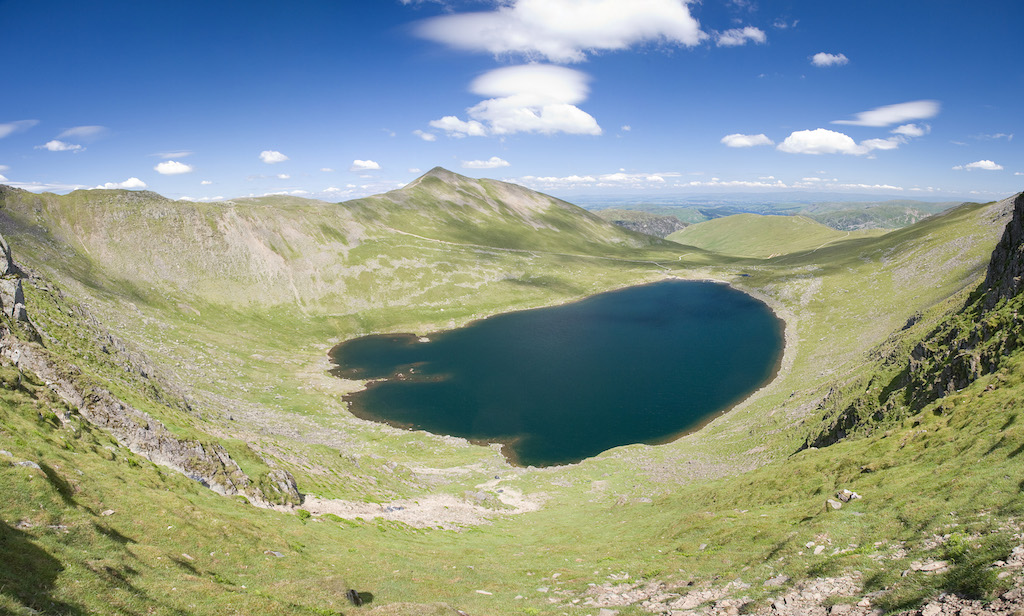Defra and the Government have today announced proposals for modernising the hosepipe ban, to update the 62 year old legislation surrounding it. These are just proposals – not law yet – and will now be open to consultation before going through Parliament. Modernisation of hosepipe ban rules was something we were crying out for over the last year on this website. Here’s the full press release from the government:
Proposals for modernising the hosepipe ban legislation are published today for consultation.
The Government made a commitment last summer to update the 62 year old legislation, when one of the worst droughts in 100 years highlighted the gap between the way water was used in 1945 and the way it is used today. The existing hosepipe ban rules cover only watering gardens and washing cars.
The joint Defra/Welsh Assembly Government consultation outlines proposals for replacing this with a ‘discretionary use’ ban, which would extend the scope to activities such as the filling of domestic swimming pools and using a hosepipe for cleaning patios and drives.
Changes are also proposed to the Drought Direction 1991, which identifies the uses which can be restricted under a drought order.
The aim is that the new discretionary use would apply primarily to domestic consumers, and that drought order powers extend controls to the commercial and public sectors.
Launching the consultation, Environment Minister Ian Pearson said:
“The recent drought in south-east England saw hosepipe bans affecting 13 million people. Whilst a wet winter has reduced the risk of such measures becoming necessary again this year we cannot ignore the fact that the frequency of droughts may increase in future, and we must be ready for that possibility.
“The existing hosepipe ban powers apply only to the watering of private gardens and the washing of private cars. Gardeners no doubt feel that they have borne the brunt of water use restrictions over the last two years. We were often asked to explain why a gardener could not water plants though a neighbour could fill a swimming pool by hosepipe. The consultation we are launching today addresses those concerns.
“I am mindful that it was the combined efforts of everyone in responding to the need to conserve water that got us through one of the most severe droughts of the last 100 years with minimal interruption to daily life. For us to rely on that level of goodwill when we face future droughts it is essential that the legislation is clear and unambiguous. People have a right to expect a common sense approach, and I believe these new proposals provide that.”
The consultation closes on 15 June 2007. Changes to the law governing the existing hosepipe ban powers would then be dependent on finding a suitable opportunity within the Parliamentary timetable to bring the changes into effect.
Notes
1. When they met representatives of the water industry at the height of the drought in June 2006, Environment Secretary David Miliband and Environment Minister Ian Pearson committed the Government to review the scope of the legislative framework relating to the scope of hosepipe bans. See news release http://www.defra.gov.uk/news/2006/060601b.htm
2. The consultation document on the proposed changes to the powers to restrict non-essential uses of water can be viewed at http://www.defra.gov.uk/corporate/consult/water-restrictions/index.htm
3. The existing hosepipe ban power in section 76 of the Water Industry Act 1991 applies only to the watering of private gardens and the washing of private motor cars. The proposed new discretionary use ban power would extend these purposes to include:
* washing by hosepipe of domestic sector boats, personal watercraft and other recreational water craft
* filling of domestic swimming pools, paddling pools, hot tubs and similar bathing facilities
* use of hosepipes by domestic customers to operate water slides, to clean patios, drives and other hard standings, and to clean windows and building exteriors; and
* filling of domestic sector ornamental ponds by hosepipe.
4. The Drought Direction 1991 specifies the following uses of water which can be prohibited or restricted under drought order powers:
(a) the watering, by hosepipe, sprinkler or other similar apparatus, of:-
(i) gardens (other than market gardens), including lawns, verges and other landscaped areas;
(ii) allotments;
(iii) parks; or
(iv) any natural or artificial surfaces used for sport or recreation, whether publicly or privately owned;
(b) the filling (whether wholly or partially) of privately owned swimming pools, other than:-
(i) pools designed to be used in the course of a programme of medical treatment;
(ii) the filling of pools where necessary in the course of their construction;
(c) the filling (whether wholly or partially) of ornamental ponds other than fish ponds;
(d) the operation of mechanical vehicle washers, whether automatic or not;
(e) the washing of road vehicles, boats, railway rolling stock or aircraft for any reason other than safety or hygiene;
(f) the cleaning of the exterior of buildings, other than windows;
(g) the cleaning of windows by hosepipe, sprinkler or other similar apparatus
(h) the cleaning of industrial premises or plant for any reason other than safety or hygiene;
(i) the operation of ornamental fountains or cascades, including those where water is recycled;
(j) the operation, in relation to any building or other premises, of any cistern which flushes automatically, during any period when those premises are wholly or substantially unoccupied.
5. These purposes will remain in a modernised Drought Direction to the extent that they apply to the commercial and public sectors. Some of the uses will be replicated in the new discretionary use ban power which will apply primarily to the domestic sector.
In addition, it is proposed that some new water uses are added to an updated Direction:
* use of hosepipes to clean drives, paved areas and other hard standings serving non-domestic premises
* use of hosepipes for dust suppression; and
* filling of storage tanks for use for a proscribed purpose anywhere.
